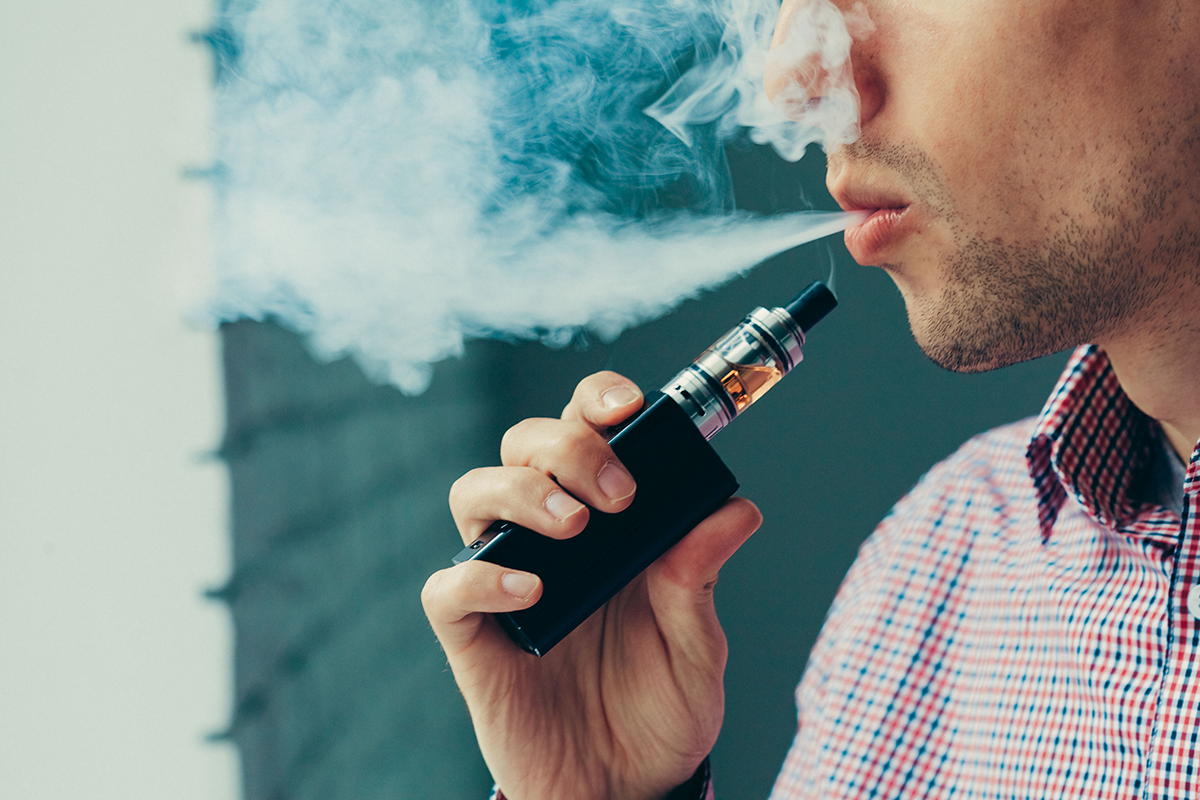Singapore Drug Vape Crackdown Begins With Tougher Laws
The Singapore drug vape crackdown has entered a new phase, with the government announcing a series of tough new penalties that could include heavy fines, long jail terms, caning, and even deportation for offenders.
Singapore first banned vaping in 2018, but despite the strict rules, the trend has not only persisted but evolved into something far more dangerous. Authorities are now alarmed by the growing use of drug-laced vapes, particularly those infused with etomidate, a powerful anesthetic.
Recent tests revealed that nearly one-third of seized vapes in the country contained etomidate, raising public health and safety concerns.

Why Etomidate-Laced Vapes Sparked a National Alarm
The Singapore drug vape crackdown gained urgency after videos of young people behaving erratically in public while vaping circulated on social media. These disturbing clips showed the dangerous effects of so-called “Kpods”, a nickname referring to etomidate’s similarity to ketamine.
Health Minister Ong Ye Kung described the rise in such vapes as “a gateway for very serious substance abuse,” warning that these devices have become drug delivery systems.
As a result, Singapore has now reclassified etomidate as a Class C controlled drug under its Misuse of Drugs Act, at least for the next six months.
The 5 Harshest New Penalties in Singapore Drug Vape Crackdown
To curb the crisis, the government announced a package of five shocking penalties that make Singapore one of the strictest countries on vaping:
-
Increased fines – Offenders face minimum fines of S$500 (£288; $390) even for regular vapes.
-
Mandatory rehabilitation – Caught vaping? Rehabilitation programs will now be enforced.
-
Harsher punishments for drug-laced vapes – Those possessing or using etomidate vapes face far heavier consequences.
-
Up to 20 years in jail + 15 cane strokes – Suppliers of drug-laced vapes face the ultimate punishment.
-
Deportation for foreigners – Expats and tourists may lose permits, be deported, and banned from re-entry.
These rules officially take effect on 1 September, with airport warnings, disposal bins, and public health campaigns in full swing.
Public Health Campaigns Fuel the Crackdown
The Singapore drug vape crackdown isn’t just about law enforcement, it’s also about awareness. The government has launched:
- Advertisements across buses, trains, and billboards warning about vaping dangers.
- Vape disposal bins in schools, universities, and community centers.
- Roving patrols in public spaces like train stations and parks for spot checks.
- Stronger border checks at land crossings, Changi Airport, and seaports to stop vape inflows from Malaysia and Indonesia.
This two-pronged approach, strict laws plus education, shows how seriously the government views the issue.

How Singapore Compares Globally
The Singapore drug vape crackdown mirrors global shifts:
- The UK recently banned disposable vapes in June 2025.
- Belgium did the same earlier this year.
- Australia banned non-prescription and disposable vapes starting in 2023.
Singapore, however, goes further with punishments like caning and deportation, underscoring its zero-tolerance stance on drugs.
Why This Crackdown Matters for Singapore’s Future
Supporters argue that the crackdown protects youth from addiction and keeps dangerous substances off the streets. Critics, however, caution that some penalties may be too harsh and could affect tourists and migrant workers unfairly.
Still, Singapore’s government insists the drug-laced vape epidemic is a “significant and growing threat” that demands swift action.
For Singaporeans, the message is clear: vaping is not just a lifestyle risk, it’s a crime with life-changing consequences.

